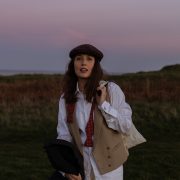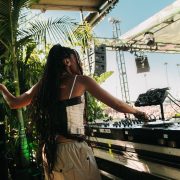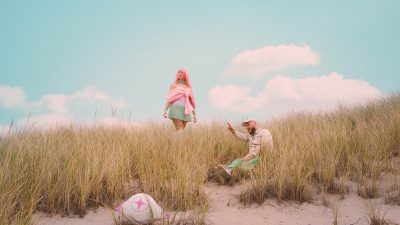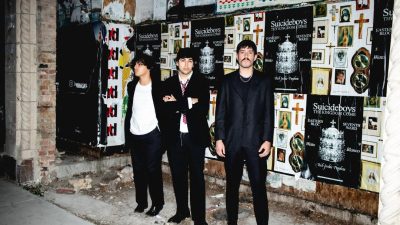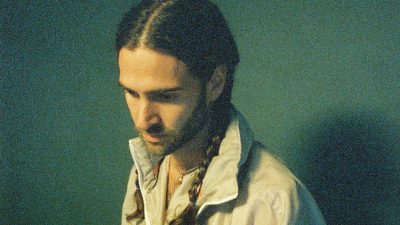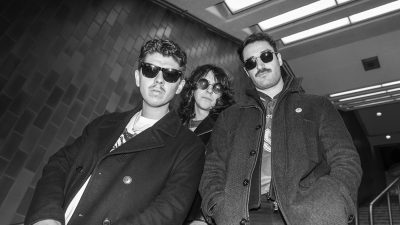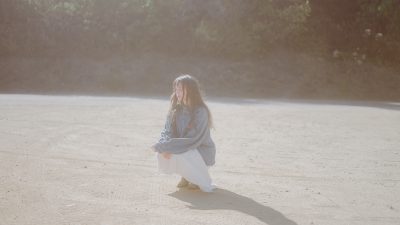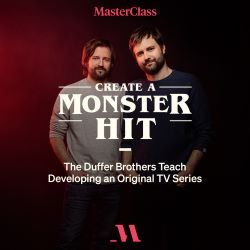Harmony in Two Spirits: Zoon’s Daniel Monkman dives into sonic healing
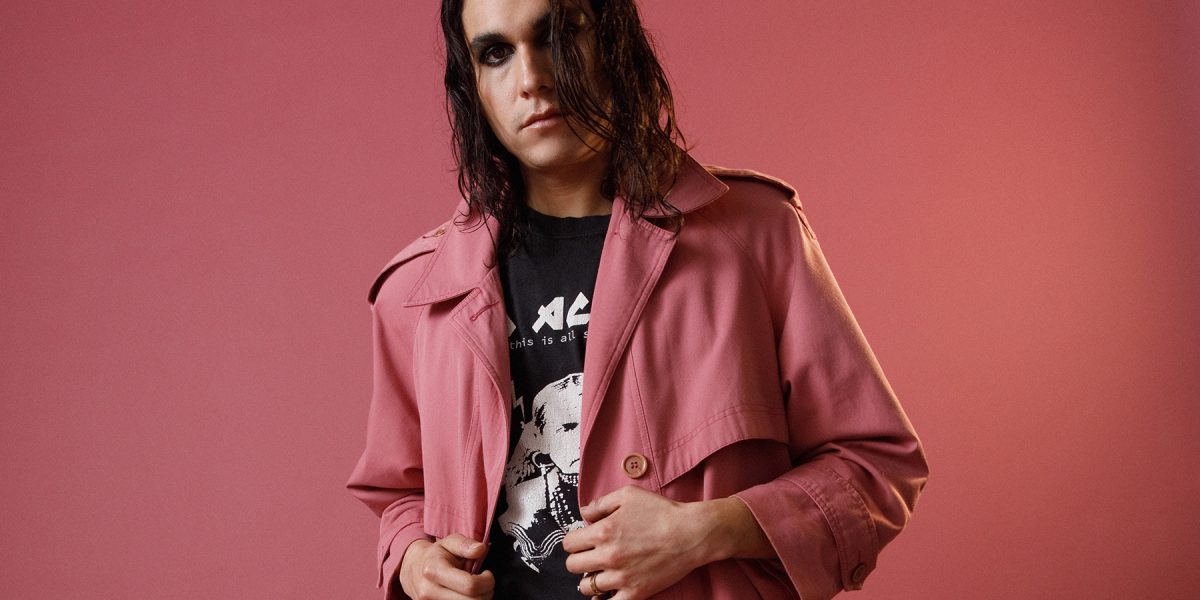
The transcendence of music is reflective of the spectrum of gender identity. In both realms, there is a fluidity and complexity in gender and cultural identities, with no one person being shoved into a single binary. Music can not be pigeonholed into one genre, nor can Daniel Monkman. Monkman is the entity behind the atmospheric band Zoon, is on a journey to understand life’s complexities, and uses music to heal, learn, and evolve, all while staying true to being a two-spirit being and carrying on the rich heritage of the Anishinaabe people.
Originating from the heart of Canada, Monkman has skillfully chronicled their challenges through the medium of music. Their most recent album, Bekka Ma’iingan, is a significant milestone in their life’s journey. They also were just recently nominated for the Juno Awards’ “Contemporary Indigenous Artist or Group of The Year”.
In our conversation with Monkman, we delve into the transformative qualities of their music, embark on a sonic exploration, dive into the nuances of cultural identity, and discover what lies ahead in their artistic journey.
Jess Smith: On songs like “All Around You” and especially “Brave New World (Without You)”, I couldn’t help, but feel the same tingling sensations that I feel when listening to certain hertz frequencies in meditative music. I know you also said before that music would help your grandmother with dementia help unlock certain memories. Do you believe that music has medicinal properties?
Daniel Monkman: Music definitely helps me remember, I was just in LA and heard “Come As You Are” by Nirvana on the radio. It took me back to when I was 12 or 13 and first heard that song. It was synced to a Dragon Ball Z Fight compilation. My life changed in that moment. With that, I started to explore music and it literally saved my life. The path I was going before the music was very dark. Crime and drugs raided my community and caused a lot of deaths. Music always kept me together even when I was falling apart.
JS: Do you use specific hertz frequencies in your music to invoke healing?
DM: I always keep that stuff in mind when I’m creating, or I guess subconsciously my brain finds the right frequency and that’s when the magic starts to really happen. A lot of my art practice is improvisation, so I’m kinda just going and responding to how my body and mind feel.
JS: Speaking of healing, your quote from Range where you said “Reconnecting with my culture is the healing I needed” stuck with me because as an African American woman, it wasn’t until I started embracing my culture that I truly didn’t feel like I was putting pieces of myself back together. Healing can be different for everyone. What does healing look like to you in all its forms?
DM: It’s nice to hear that other folks from other cultures also have similar cultural healing stories. Colonialism disconnects us from our ancestors and it’s by design. Our body and mind fight for us but it’s not until we accept and search that the healing can fully happen. It’s a team effort. My healing was multi-layered but the shame was heavy on me, I needed to reconcile with that and know that my culture and skin colour weren’t a bad thing.
JS: From a clinical perspective, healing can come in the stages of suffering, awareness, confrontation, and acceptance. Would you say Bleached Wavves, A Sterling Murmuration, Big Pharma, and now Bekka Ma’iingan represent different stages in that journey, and if so what stage does Bekka Ma’iingan represent?
DM: Bekka Ma’iingan was me fully accepting myself. I had a hard time looking at myself in the mirror or letting anyone take photos of me. I felt a lot of shame. In this album, I let photos be taken of me and fully embraced my fem and masc side, and the balance is how I feel. I was raised by only women my entire childhood. It was women who protected me when my dad would be too intoxicated. So I’ve always felt safe and comfortable around fem energy.
JS: In the past couple of years, music soaked in cultural elements has taken center stage. Afrobeats, reggaeton, and K-pop are prominent on the charts and sweeping the award shows. Would you want to see native and indigenous culture more prominent in the mainstream, and if so how do you think this could happen?
DM: Yes, I do believe native people are always a bit behind the mainstream. I don’t mean in a bad way either. We’ve always just been that way. In that, we have always created some of the more interesting styles of music but I do see a lot of native folks trying to be like mainstream and sometimes it can be cringe. I truly believe we are on the verge of being part of the “mainstream stream” but what makes us really cool is we’re doing our own thing in our own terms.
JS: Could you see moccasin gaze being represented by more people in the future and gaining traction as a genre or would you say it’s more specific to you?
DM: I already see it picking up across Indian country. I get young native kids messaging me about it all the time. They explain that seeing someone who looks like them on stage or on the music charts is powerful and gives them hope. Hope is what kept me alive all those years of healing, but there weren’t very many native folks doing the same type of music. Since putting out my music I’ve connected with lots of indigenous folks making the same kinds of music.
JS: As you continue to thrive and change sonically with each piece of music you release, how would you seek advice from a vet like Kevin Drew?
DM: Kevin has been like a big brother to me. Always giving me advice about what not to do and when to take risks. Whenever I have a question I always think of Kevin. I’m very fortunate to know a lot of veteran musicians, I hope to be that for native artists.
JS: Speaking of Kevin, you both are going on tour very shortly. How did the idea for this tour come about?
When you leave the stage on tour, what do you want your audiences to leave feeling every night that would make you feel like you are succeeding as the musician you want to be?
DM: Yeah we are! It was kind of my idea, to be honest. I’m always looking for opportunities to promote my new album. I decided last year that I would try and tour as much as I could. I felt like I wanted to overcome a fear of mine which is playing live. When I saw Kevin touring I knew I wanted to be part of his beautiful album. We both have been singing about the loss of our parents. I was so happy When Kevin agreed to take me on. It’s been an incredible tour so far and can’t wait to continue into the new year.
Image credit: Vanessa Heins


